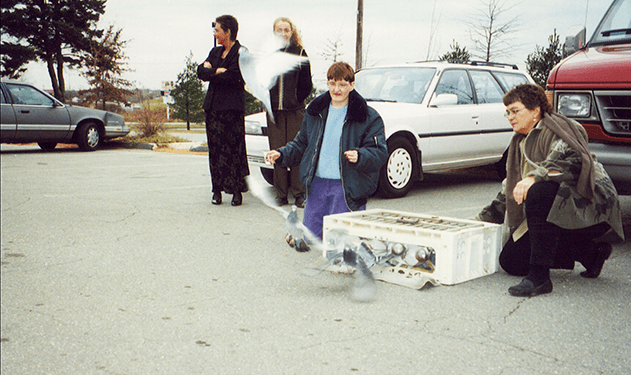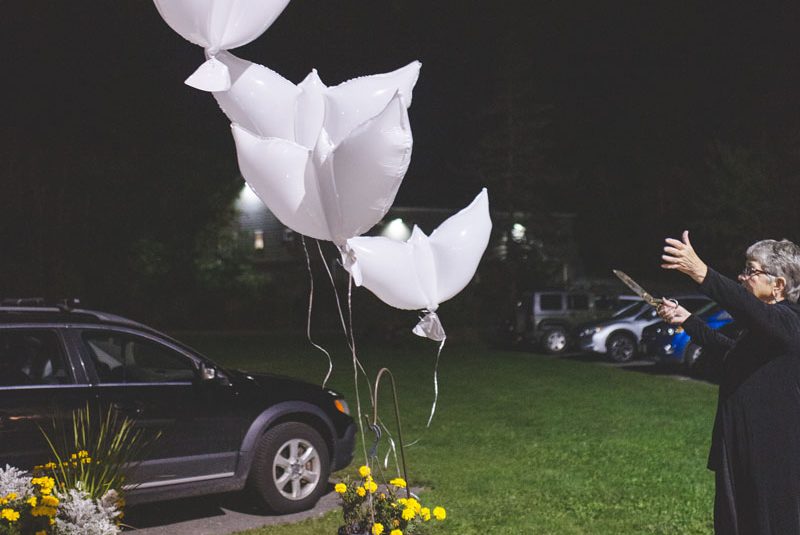History
Enroll and Pay for Training
through the OHI Website


Unfortunately, not that long ago in history, many people with disabilities were relegated to institutions, hospitals, and mental health facilities. At best, their basic needs were met. At worst, they were crowded, neglected, and abused. They were separated from their families, who often were unable to provide adequate care. Rarely, if ever, were they thought to have talents and competencies that might allow them to live in and contribute to their communities.
In fact, until the mid-1950s, much of the general public still cited early 20th-century studies claiming people with mental retardation, a term no longer acceptable, instead referred to as intellectual or developmental disabilities, were a menace to society and the cause of most crime, social ills, and even poverty. This mindset became the foundation of efforts to warehouse people with disabilities across the United States throughout the early 1900s.
Change is Possible
During the 1960s, racial minorities brought the issue of civil rights to the forefront of American society, paving the way for class-action lawsuits on behalf of other minorities, including people with disabilities.
During this time in history, Maine parents and other socially-conscious citizens filed a class-action suit in Federal District Court in Portland on behalf of residents at the Pineland Center in New Gloucester, called the Maine School for the Feebleminded when it opened in 1908, citing appalling conditions and treatment.
During the same time, advocacy for people with mental illness in Maine intensified, resulting in a new bill of rights, fewer people institutionalized at Augusta Mental Health Institute, now Riverview Psychiatric Center, and the elimination of unpaid labor.
Consent Decrees
One result was the Pineland Community Consent Decree, which covered about 1,000 people who had been involuntarily committed to Pineland on or after July 3, 1975. It set rigorous standards for treatment, both at Pineland and for class members in the community. Another result was the Augusta Mental Health Institute Consent Decree (AMHI Consent Decree), which required the State of Maine to establish and maintain a comprehensive mental health system based on people’s needs with mental illness.
OHI Founded
Those decrees, however, weren’t enough for some people.
Certainly not for Bonnie-Jean Brooks, who believed two things: first that everything is possible; and second, that people with disabilities should be provided with
opportunities and support services that allow them to be part of their families and live in their communities.
Fueled by the groundswell of support for people with disabilities, but knowing there was still a lot to be done, she quit her teaching job.
40 Years Later
After 40 years of success and growth, OHI today supports nearly 600 people with disabilities in their own homes, apartments, one of OHI’s staffed houses, and the community through various services. With OHI’s support, people with disabilities volunteer in hospitals, fire departments, animal shelters, and places of worship. This proves that everyone has the potential to be more independent and assets to their community if given a chance and the right combination of support services.
